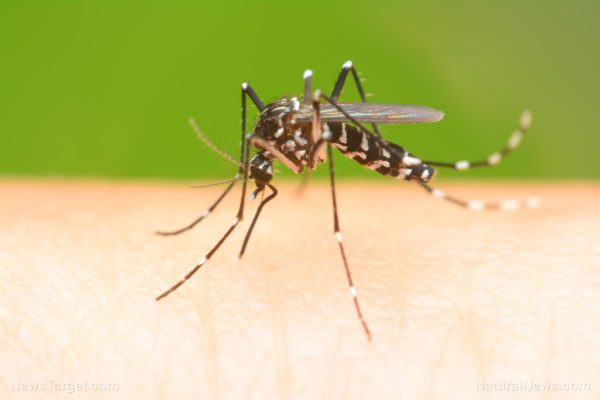Three independent studies have linked leafy green vegetables to reduced health risks associated with obesity, diabetes and heart complications, reinforcing the benefits of consuming a diet rich in such foods.
In particular, the scientists involved in these University of Southampton and Cambridge studies point to nitrate as a key factor that makes these vegetables so effective.
According to Dr. Andrew Murray of the University of Cambridge, “There have been a great many findings demonstrating a role for nitrate in reducing blood pressure and regulating the body’s metabolism. These studies represent three further ways in which simple changes in the diet can modify people’s risk of type 2 diabetes and obesity as well as potentially alleviating symptoms of existing cardiovascular conditions to achieve an overall healthier life.”(1)
Dr. Murray worked on all three of the studies.
Leafy greens helpful in preventing heart attack and stroke
For the first study, which was published in the Journal of the Federation of American Societies for Experimental Biology, experts delved into the role that nitrate-rich vegetables play in the amount of red blood cells people have, which provides more of an understanding about oxygen transport in the body as well as blood viscosity. Consumption of leafy green vegetables such as nitrate-containing spinach allows for a reduction in the production of a hormone called erythropoietin, which determines the behavior of the aforementioned bodily occurrences.(2)
It’s important to maintain a balance of this hormone, since too much of it can wreak havoc on the body. For example, excessive amounts of blood cells can cause death and altitude sickness, while too-thick blood is most commonly associated with heart problems due to oxygen deprivation in areas that it can’t easily pass through such as small blood vessels. Therefore, the researchers maintain that reducing blood thickness also reduces the risk of clot formations that may lead to heart attack and stroke.
The journal states, “Suppression of hepatic erythropoietin expression by nitrate may thus act to decrease blood viscosity while matching oxygen supply to demand, whereas renal oxygen sensing could act as a brake, averting a potentially detrimental fall in hematocrit.”(2)
The connection between leafy green consumption and better blood flow
The second study bolstered the finding of nitrate’s health benefits, noting that leafy greens are an effective way to help the heart pump with more efficiency.
This study, published in The Journal of Physiology, outlines that nitrate in the diet protects the heart and improves overall blood flow. Some of the key points from this journal state that “nitrate supplementation suppresses cardiac arginase expression and increases tissue L-arginine levels under both hypoxic and normoxic conditions” and that “Nitrate supplementation may thus be of benefit to individuals exposed to hypobaric hypoxia at altitude or in patients with diseases characterised by tissue hypoxia and energetic impairment, such as heart failure and chronic obstructive pulmonary disease, or in the critically ill.”(3)
Fight fat cells, reduce diabetes risk by eating more greens
Obesity was the focus of the third study, which was published in Diabetes.
Researchers discovered that nitrate has the potential to help convert “bad” fat cells, which are white, into beige cells which are similar to the “good” brown fat cells that work to reduce obesity and type 2 diabetes risks. “Since resulting beige/brite cells exhibit anti-obesity and anti-diabetic effects,” the study notes, “nitrate may be an effective means of inducing the browning response in adipose tissue to treat the metabolic syndrome.”(4)
Nitrate-rich foods include spinach, parsley and lettuce.(5)
Sources:
(1) http://www.southampton.ac.uk
(2) http://www.fasebj.org
(3) http://jp.physoc.org
(4) http://diabetes.diabetesjournals.org
(5) http://www.nhs.uk





















